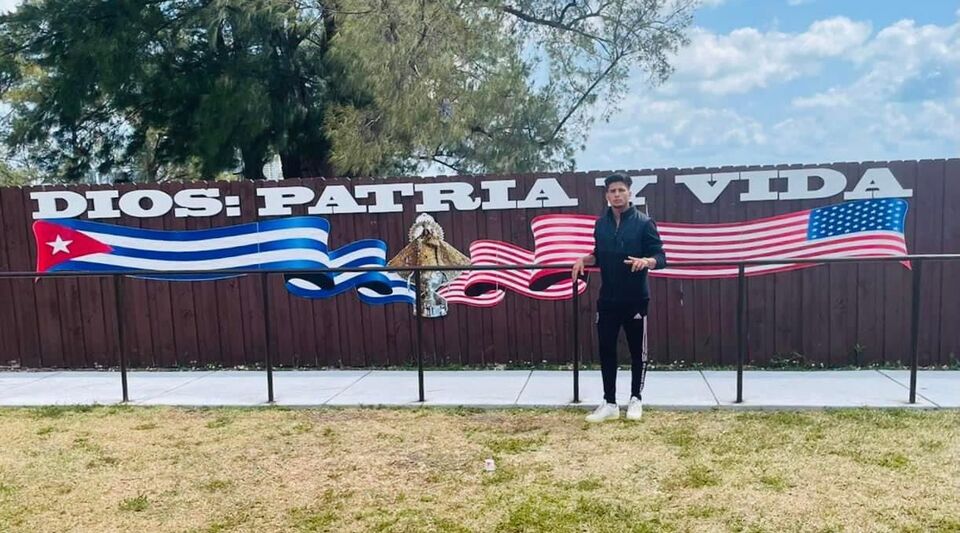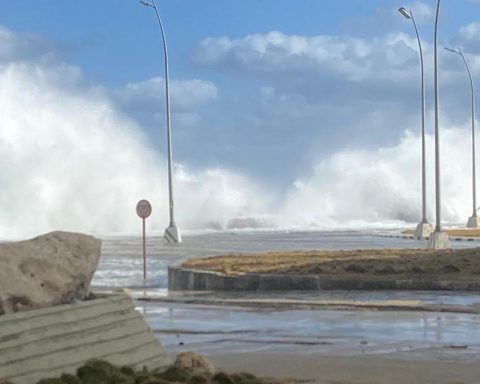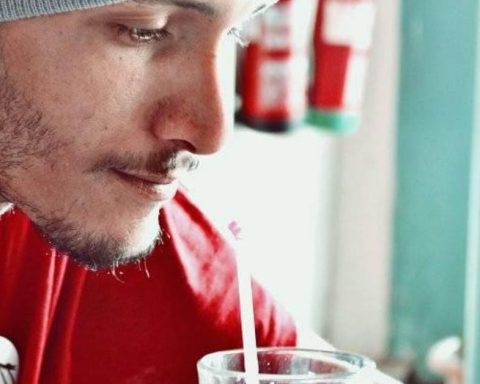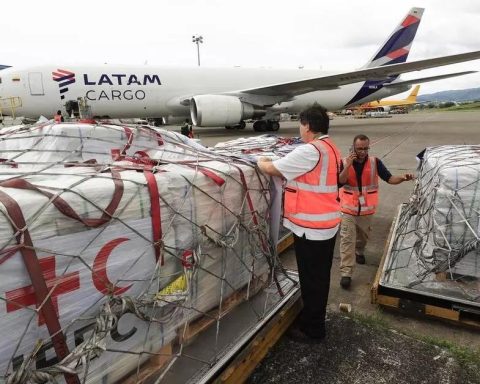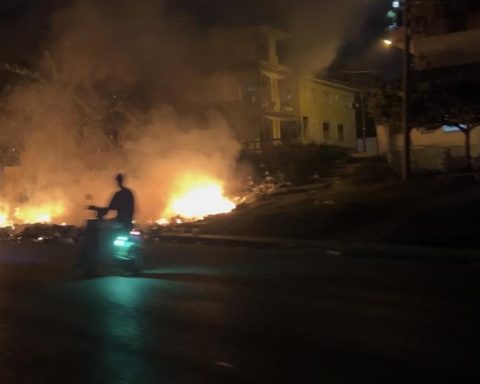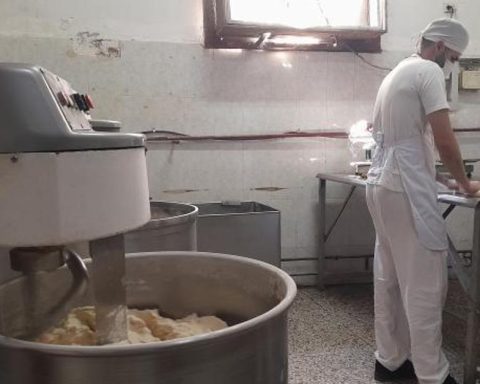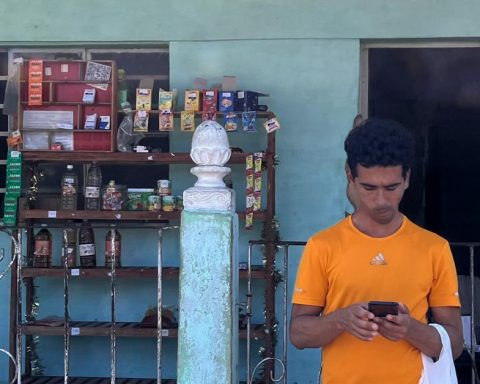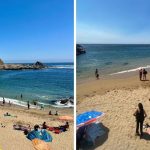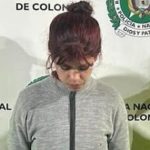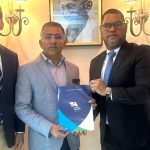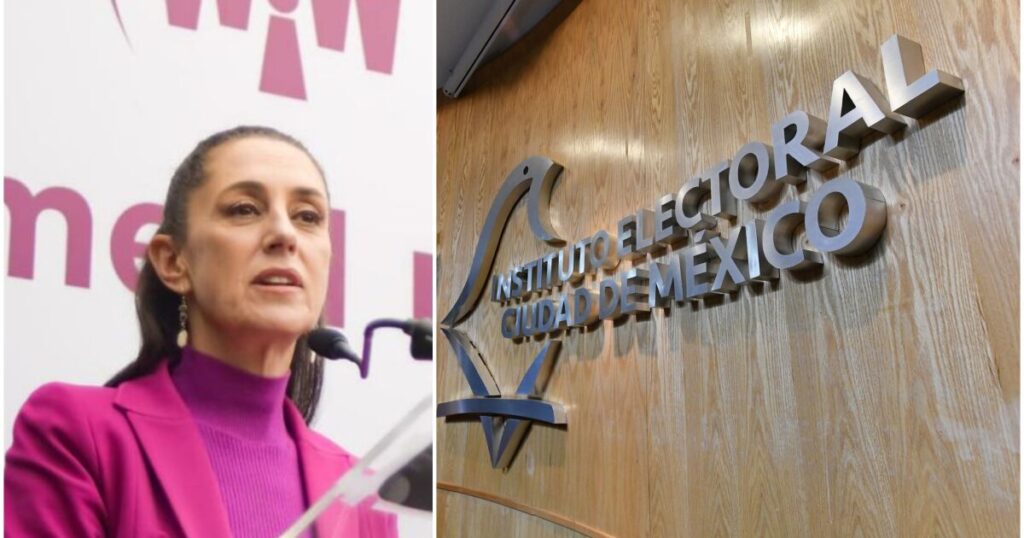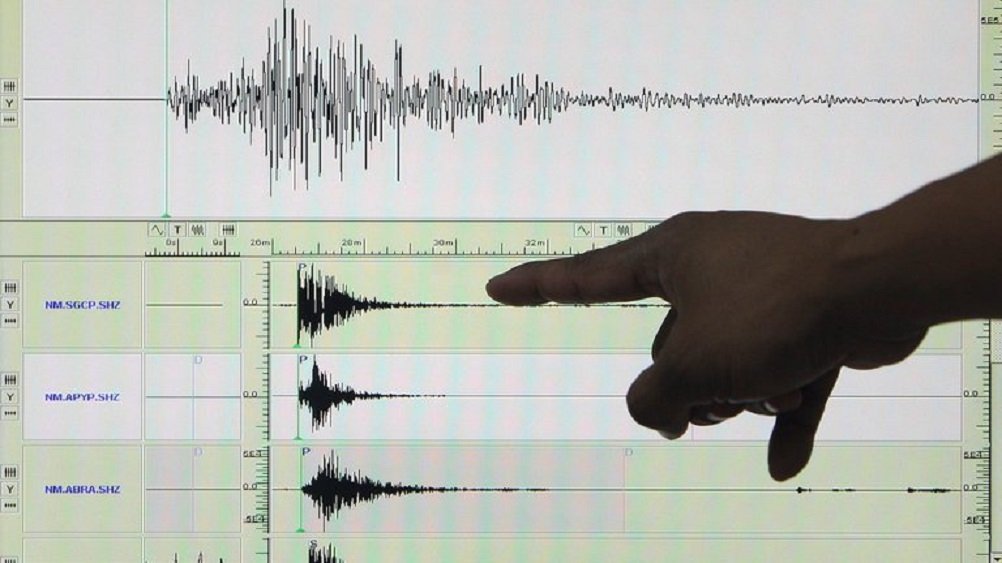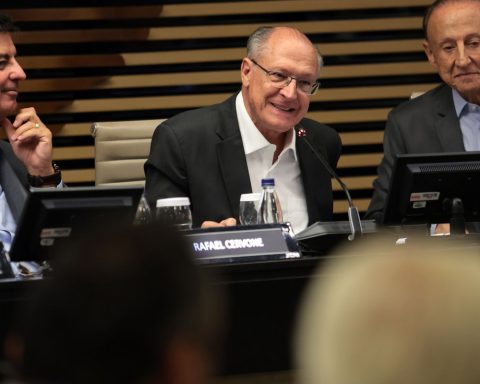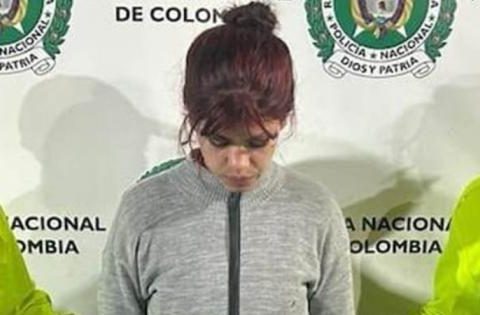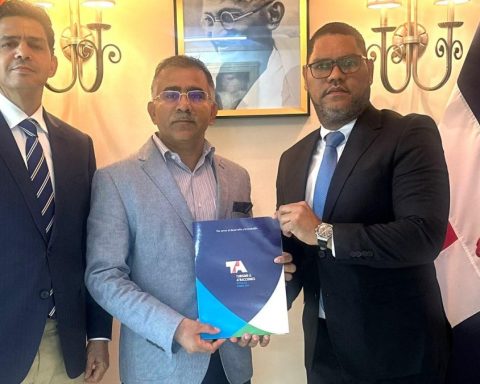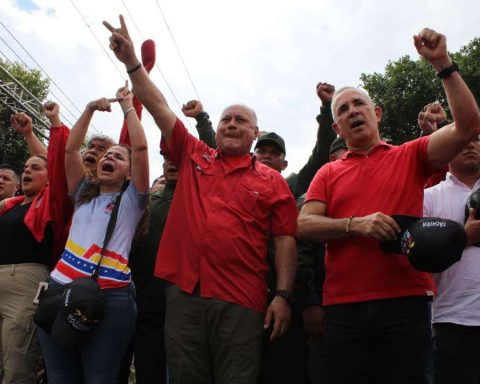On July 16, 2021, five days after the massive protests throughout the Island, State Security forcefully entered house number 77 on Independencia Street, in Sancti Spíritus. There they detained several young people, none of whom had gone out on the streets on 11J.
Based on private videos and audios, they were accused of criminal association and contempt. Three of them were prosecuted and sentenced to prison terms: Leodán Pérez Colón, 5 years; Yoanderley Quesada, 2 years old, and Yoel Castillo, 1 year and 8 months old. The others were released little by little during the following weeks and, later, testified in the trial, held on January 18.
Ermes Orta Bernal was one of them. Almost a year after those events, Ermes talks with 14ymedio by telephone from the United States, where he now resides, to offer his version. The story reveals the strategies of the regime to put boys in jail who did not even demonstrate publicly.
“No crime was committed, it was just a lesson that they wanted to give to the people of Sancti Spiritus,” says the 20-year-old
“No crime was committed, it was just a lesson that they wanted to give to the people of Sancti Spiritus,” says the 20-year-old young man.
Ermes relates that, after July 11, a group of friends in Sancti Spíritus decided that they had to demonstrate peacefully once again, to demand the freedom of political prisoners. Luis Mario Niedas Hernandez Y Alexander Fabregas. To that end, they joined a WhatsApp group called “Todos por la Libertad” and agreed to march as soon as possible.
That July 16, at Leodán’s house, he says, “there was never a weapon, a machete, nothing, just a thermos of coffee on the table.” The police knocked on the door and entered without the consent of the residents. The boys turned on their phones and began broadcasting directly through their social networks. “We have nothing to talk about,” they told agent Orelvis Pérez Díaz, who had “cared for them” for some time.
More strangers began to enter the house. Apparently, according to Ermes, State Security knew the purpose of the meeting and had brought more people to support the arrest. “When we asked them to see an arrest warrant, they told us that it was not necessary, that they just wanted to talk.”
The atmosphere began to heat up when one of the officers discovered a recording phone and violently slammed it against a table. The boys remained calm in the face of the agent’s attitude and agreed to leave the place.
His favorite phrase was “They are ready to be transferred to Nieves Morejón”, referring to the maximum security prison in Sancti Spiritus.
“When we left the house there were a lot of people outside,” narrates Ermes, “there were the police, there were many cars, people with sticks and stakes yelling ‘criminals!'” at us. Those people had been taken from their workplaces for an “act of revolutionary reaffirmation” against the youth, under the pretext that they had stoned the windows of a foreign exchange store.
They were transferred to the Vivac de Sancti Spíritus two by two. The cars: a police car, a jeep and a black Geely. “We know the type of people they are and they have been followed up,” snapped the officer who received them.
The first thing was to isolate them for an hour in personal dungeons of two square meters. They were then led through a gated courtyard to the infirmary, where they were weighed and measured. They repeated the process later, with new officers, but this time they recorded them with cameras and “worked on their psychology,” according to Ermes.
His favorite phrase was “They are ready to be transferred to Nieves Morejón,” in reference to the maximum security prison in Sancti Spiritus. After the medical check-up, they were kept in their cells. Little by little, they were called to the interrogation rooms.
“We began to shout from dungeon to dungeon. Then an officer would come and hit the bars hard, to make us shut up. At night they did the same thing with a brass, they wouldn’t let us sleep. The interrogations were even done at dawn.”
“We did what we needed in a hole, a latrine, from which water came out twice a day to be discharged. The plague was unclean”
When Ermes read the order imposing his precautionary measure, he noticed that the document accused him of protesting on July 11. It was difficult for him to rectify that text, which also stated that they had thrown stones at the stores and offended Díaz-Canel.
“On the third day of being locked up, they fumigated us with chlorine,” recalls Ermes. “A man came, an old man, with a chlorine shotgun, and he sprayed the liquid on us. I got intoxicated and told the officer: ‘I’m going to die, I’m allergic to chlorine, look how I’m doing.’ The old man replied that That didn’t matter to him: he just did what he was told. ‘And if they send you to kill us, do you kill us?’ The policeman’s response was withering: “Probably.”
According to Ermes, the prison food was not as bad as might be expected, but the hygienic conditions were appalling. “The necessities we did in a hole, a latrine, from which water came out twice a day to discharge. The plague was unclean.”
“There was a time,” he says, “when they didn’t put a shower on us and we had to take some bottles that our relatives brought us. With them we collected the water from the pit to be able to bathe.”
As the days went by, they were transferred to other cells, forming pairs with alleged 11J protesters. According to their new condition, they were assigned a number and the interrogations continued.
“They asked us who was paying us. They made us fight among ourselves. The questions were violent. They confronted each other.” The police frequently carried out nasal tests to verify if they were infected with covid-19, fumigated them with chlorine again and demanded the passwords of their phones.
“They asked us who was paying us. They made us fight among ourselves. The questions were violent”
“With all that pressure we had no choice but to deliver them.” From that moment on, the Police had access to the messages and private photos of the detainees. “They showed us photos of some of us naked, our text messages, they continued with the abuse.”
Ermes assures that every day they asked the agents: “When are we leaving?” “Tomorrow,” they said, without the promise being fulfilled. Despite frequent chlorine poisoning, they were denied medical assistance.
The initial period in prison was the hardest, particularly for Yoel Castillo, who was 21 years old and is still in prison. Yoel attempted suicide twice. “The first time, they took him to the infirmary and there he tried again, hanging himself with a sheet. It was too much pressure for him.”
“They imposed a single lawyer on us, from ‘good people’ that they were”, because the firm was not working. When you were going to find out who the woman was [Dunia Mariana Rodríguez del Toro]It turned out that he had been a State Security prosecutor. She ended up being the lawyer for Yoan and the others. All that was ‘spoken’. She told us, cynically: ‘Don’t you want me to defend you?'”.
Ermes Orta had a lawyer nearby: his own father, but at first they did not allow him to defend him. Then they relented, and when he demanded to see the file, they tried to delay him at all costs. Examining the text he realized that there was nothing of substance written, no real cause formed.
“Someone sent some photos of some machetes and some arrows through the WhatsApp group, but they immediately removed it. We did not send it. That boy was never detained, he was never in court.”
They were released little by little, each with a different measure. Ermes was accused of contempt and conspiracy to commit a crime, without any evidence of violent acts. “It was a mousetrap, to teach a lesson,” he concludes.
“In the record they even accuse us of wanting to attack a police station in Sancti Spíritus. Six boys! No one believes that”
As a requirement for his phone to be returned, he had to pay a fine. The trial, held in January this year, was a pantomime. The accused were called one by one, and the alleged witnesses did not even know them. The courtroom was filled with State Security officers, informers and policemen.
“In the record they even accuse us of wanting to attack a police station in Sancti Spíritus. Six boys! No one believes that. It’s a joke.”
Since he was in high school, in 2019, Ermes Orta was in the sights of State Security. When the long lines began during the pandemic and he denounced the situation on his networks, an officer began to “attend” him. He was kicked out of boxing training for having “the Statue of Liberty tattooed on his ribs.” They sanctioned him and, after the events of July 16, warned him that he was “regulated.”
“You put up with jail, but when you get out, your friends’ parents ask you not to see them anymore. Then, since no business in Cuba is clean, the people you work with tell you: ‘don’t come here any more than you’re going to mark me.’ And you have to understand.”
State Security began to harass him with the idea of leaving the country. They put pressure on his mother, who ended up crying every day. “The only thing we are going to leave you alone is if you leave,” they told him.
Her brother, from the United States, spent a lot of money on two flights through Copa Airlines, but the company canceled his ticket days before Ermes could board. Finally, he left the Island on January 27, through Aruba, on a charter flight. In Cuba he had to leave his 8-month-old son behind.
“What happened in Sancti Spíritus with us and with those who are still imprisoned was an injustice. After 11J Cuba has gotten much worse and they knew it. That’s why they uncovered the valve. But people are no longer afraid , because they have children and they don’t want the same for them”.
In exile, where he is preparing to debut as a professional boxer, Ermes says that he has understood what freedom, democracy and the possibility of having a future mean. “That same freedom,” he says, “is what I want for Cuba.”
________________________
Collaborate with our work:
The team of 14ymedio is committed to doing serious journalism that reflects the reality of deep Cuba. Thank you for joining us on this long road. We invite you to continue supporting us, but this time becoming a member of our newspaper. Together we can continue transforming journalism in Cuba.
